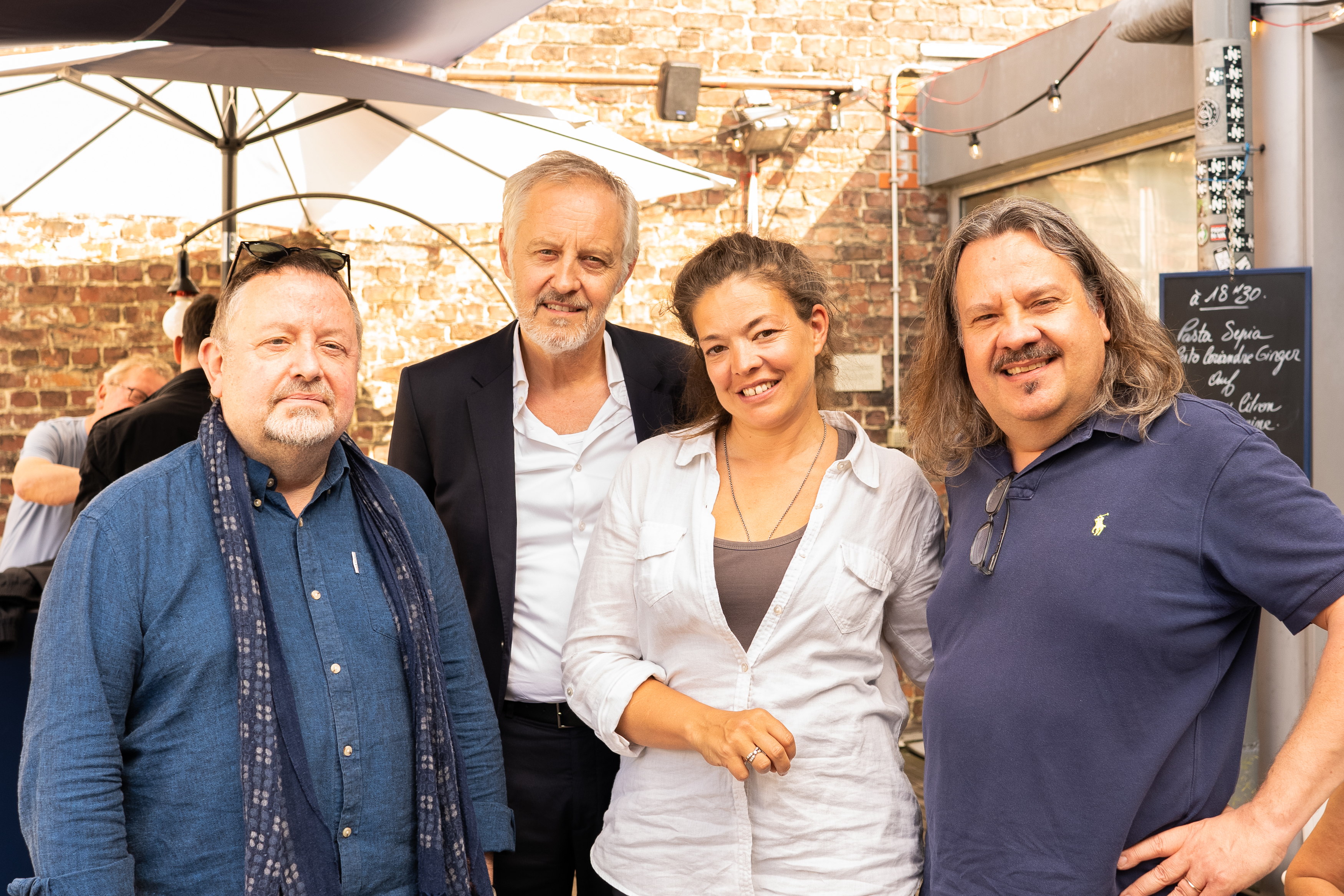Who are the new PlayRight administrators?
September 4 2019
Four affiliated artists joined the PlayRight Board of Directors in June, following a vote during our annual General Assembly on 17 June 2019. Some re-elected, others ‘newbies’, but each of them had their own motivation to join the board, and in an interview they told us more about the future projects of PlayRight and their priorities as administrators of your collecting society.
You presented yourself as a candidate or renewed your mandate as administrator of PlayRight during the last General Assembly. Why did you (re)apply?
Christian Martin: I have been a member of PlayRight for 27 years now and I’ve spent 8 years on the Board of Directors. Over all those years, I’ve gained a lot of knowledge about neighbouring rights and I got a clear insight into how PlayRight functions. By presenting myself for a third mandate, I wanted to share my experience with PlayRight and its Board of Directors.
Paul Poelmans: I had the feeling that my work here was not yet “done” and that a third mandate was necessary to further develop future projects.
Julie Basecqz: Well, there are several reasons that have motivated me to apply. Firstly, I wanted to expand my knowledge of rights as a performing artist. I did not entirely understand everything related to my rights, and did not know what I am entitled to. Secondly, I wanted to commit myself, just as I am part of the Union des Artistes. The best solution to find out how everything works, is to mingle with this kind of organisations, I believe. We have seen that PlayRight has evolved enormously in recent years. Things change, and that is a stimulus to participate and defend the rights of actors!
Do you have specific projects and/or ambitions for PlayRight?
Christian Martin: Yes, I would like to increase the visibility of PlayRight and PlayRight+ on the French-speaking side of the country. There are still too many French-speaking performers who barely know PlayRight and do not understand what the society is doing. Moreover, the unique music platform for collecting the equitable remuneration needs to be implemented by 1 January 2020.
Paul Poelmans: In view of the growing supply of fiction and non-fiction programmes on television, we will start assessing more attentively the role of music in audiovisual productions. Another project involves reworking the development of PlayRight+ (the socio-cultural department of PlayRight).
Julie Basecqz: Since I am “new”, I am probably less aware of the on-going projects than the current directors. However, I have been deeply involved in the PlayRight campaign aimed at obtaining cable rights for performing artists, an issue that has been on the agenda since the law was accepted, and that can have a real impact on the rights of actors. In addition, I want to introduce actors who are not yet members of PlayRight to the collecting society!
How would you convince other affiliated artists to become a PlayRight shareholder?
Christian Martin: The rights coming from the collective management form an increasingly important part of the income of artists. It is therefore logical that we should get informed about the way in which these rights are perceived and distributed. Becoming a shareholder not only enables members to be the first ones to receive all the latest information during the General Assembly, but also allows them to make decisions during the Assembly, for example by voting on amendments to the statutes or the General Regulations. In addition, shareholders may vote for the new administrators of PlayRight. And on top of that, being a shareholder allows you to meet other shareholders with whom you can exchange thoughts about the current problems that we are facing.
Paul Poelmans: It is necessary that the rights of every artist, in this case musicians, actors and dancers, are defended by a collecting society that disposes of the necessary expertise and know-how. Becoming a shareholder gives you voting rights during the General Assembly, and that has en impact on the course that PlayRight will follow in the future.
Julie Basecqz: I say the same when I am asked why someone should become a member of the Union des Artistes: as an artist you should be part of an organisation. It allows you to get to know people, encounters that might lead to a contract. I myself am from Canada and there you were obliged to become a member of the Union des Artists if you wanted to become an actor. Indeed, being a shareholder of PlayRight is useful if you want to know what is going on. Being a shareholder gives us a real field of action, and that pushes PlayRight forward.
Johan Van Assche: As chairman of De Acteursgilde, I also want to represent actors during the General Assembly of PlayRight. As an affiliated artist you have a decisive role: during the General Assembly you can vote on changes to the statutes or to the General Regulations of PlayRight.
What are, according to you, major projects or achievements of PlayRight?
Paul Poelmans: THE major achievement of PlayRight is the transformation from the former Uradex to the completely renewed PlayRight, a collecting society of the 21st century that operates and communicates openly and clearly, and that defends the rights of its members and partners to the best of its ability and in all transparency.
Christian Martin: PlayRight is now facing a crucial period, involving several important issues:
- The cable rights that will finally be implemented;
- The new European copyright directive which needs to ensure that all creating artists receive a fairer compensation for the use of their work on the internet;
- The unique platform for collecting the equitable remuneration;
- The changing way of the consumption of our culture.
We must adapt our policy to these changes and act in a proactive way when defending the interests of artists. On top of that, we need to adapt the way in which PlayRight operates to these changes. We cannot be immobile, but must constantly evolve to guarantee the most equitable remuneration for everyone. Besides, we need to further develop the PlayRight+ programme, which has now been in existence for 5 years. We need to help artists better in the development of their careers and PlayRight+ must become even more important as a cultural actor.
About our new artists-administrators
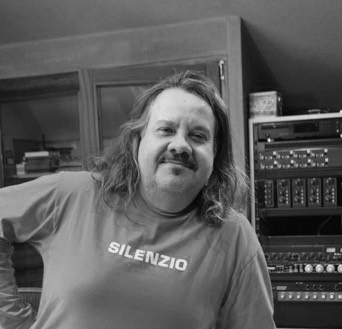
Christian Martin was born in 1964. He studied music theory, guitar and classical saxophone in the 70s. In 1988 he co-founded the production label Team For Action. Since the 80s, he has been active as a musician, arranger, composer, artistic producer and sound engineer, and since then he has already collaborated with numerous artists (Sttella, Pierre Rapsat, Perry Rose, Noa Moon, Mustii, Wim Vandekeybus, X Legged Sally…). Christian is also known for his many TV appearances as an actor alongside Jean-Luc Fonck.
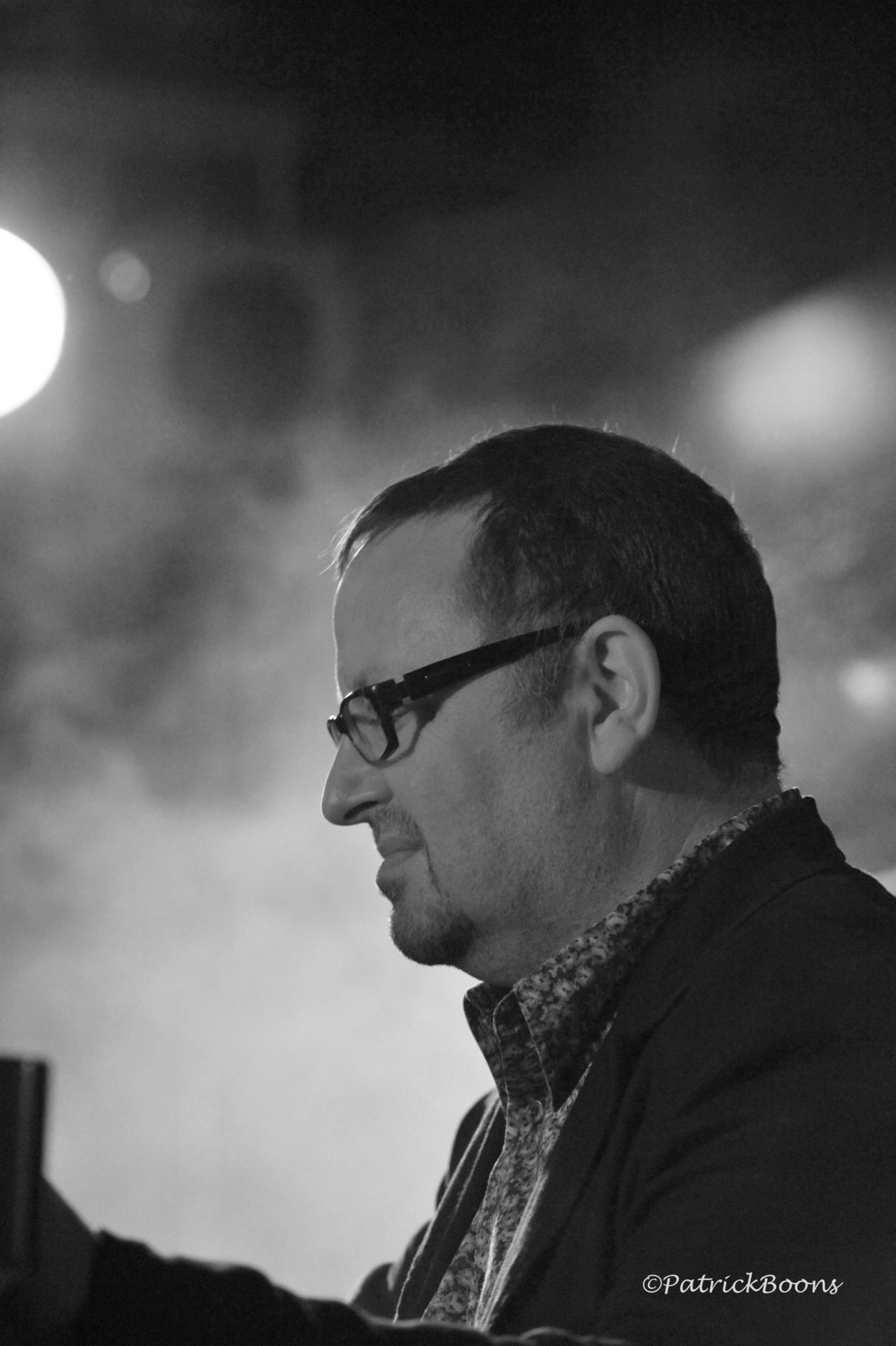
Paul Poelmans studied at the Lemmensinstituut and the Conservatory of Antwerp, and has been active as a professional musician since the mid-80s (piano, keyboards). He started his professional career as an accompanist to the entertainers Zjef Vanuytsel, Jan Dewilde and Kris De Bruyne, but he was also active in pop and rock bands such as Soulsister, Clouseau, the Groove Quartet, Walter Verdin, LSP band and Der Polizei. Since the 90s, he has been working regularly as a composer and pianist/bandleader for VRT television and radio, and since 2004 he has participated in various music productions. Paul has been involved with organisations and interest groups that are defending the rights of creating and performing artists for over 20 years now. In 2008, he became a director of GALM and since 2009 he has held a position on the Board of Directors of PlayRight.
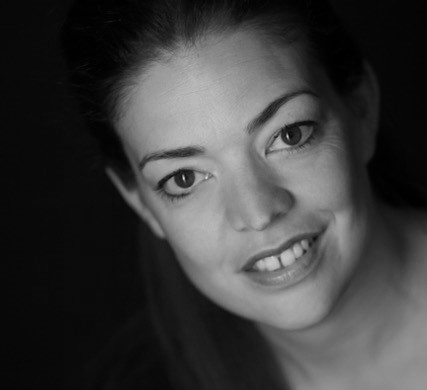
Julie Basecqz is a Belgian-Canadian actress who studied Drama in Canada before settling in Belgium. As an actress specialized in dubbing, she created Score Brussels, a multidisciplinary space devoted to professions in sound and image, that includes both trainings and productions. Julie works for most studios in Brussels. In addition, she has been Vice-President of the Union des Artistes since 2018.
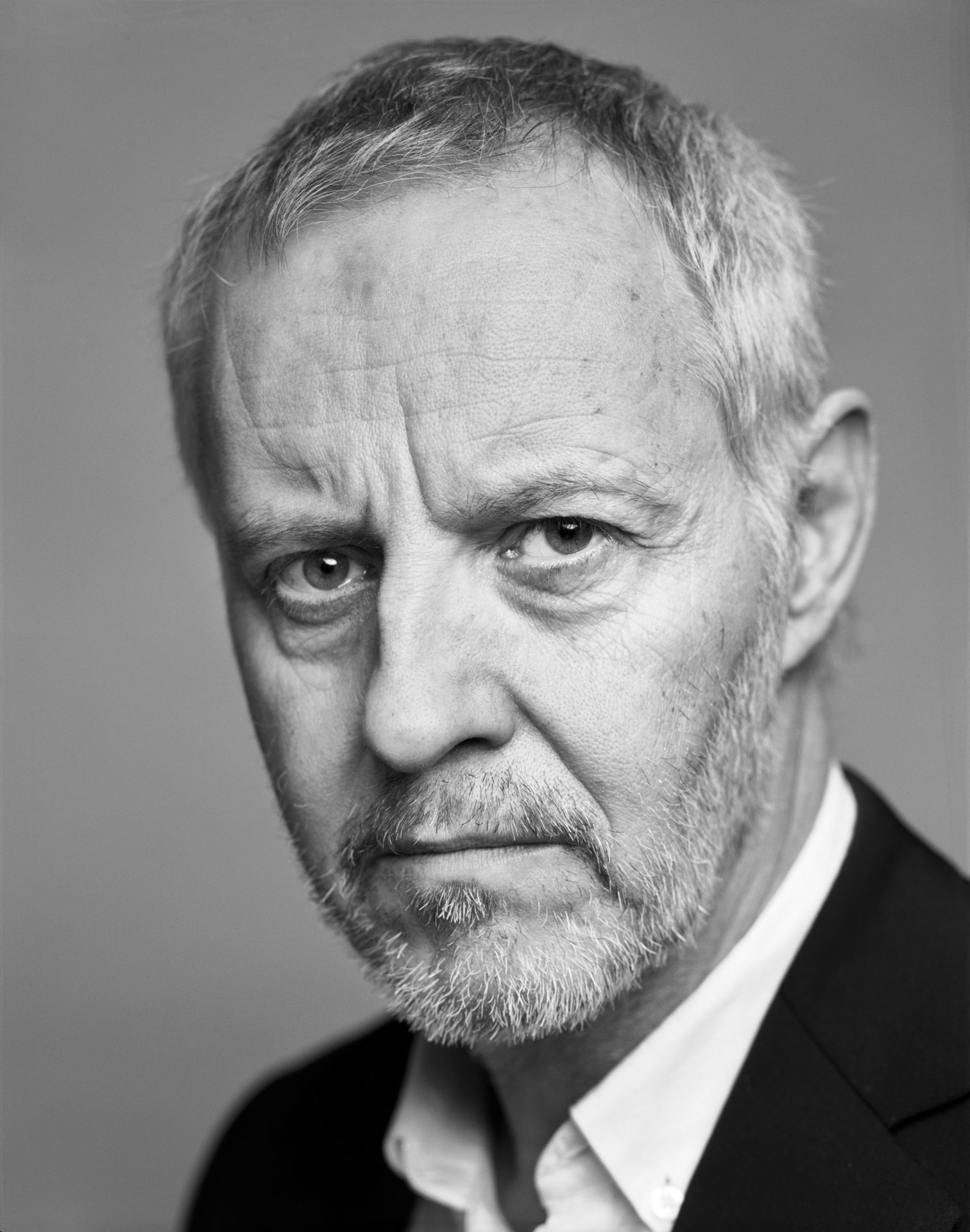
Johan Van Assche is a Flemish actor and director. Since 1987, he has been director of the theatre company De Tijd, and from 2001 until 2016 he was the artistic director of the formation Theatre at the Royal Conservatory of Antwerp. Johan is the chairman of De Acteursgilde, the Dutch-speaking organisation that represents the interests of professional actors.


